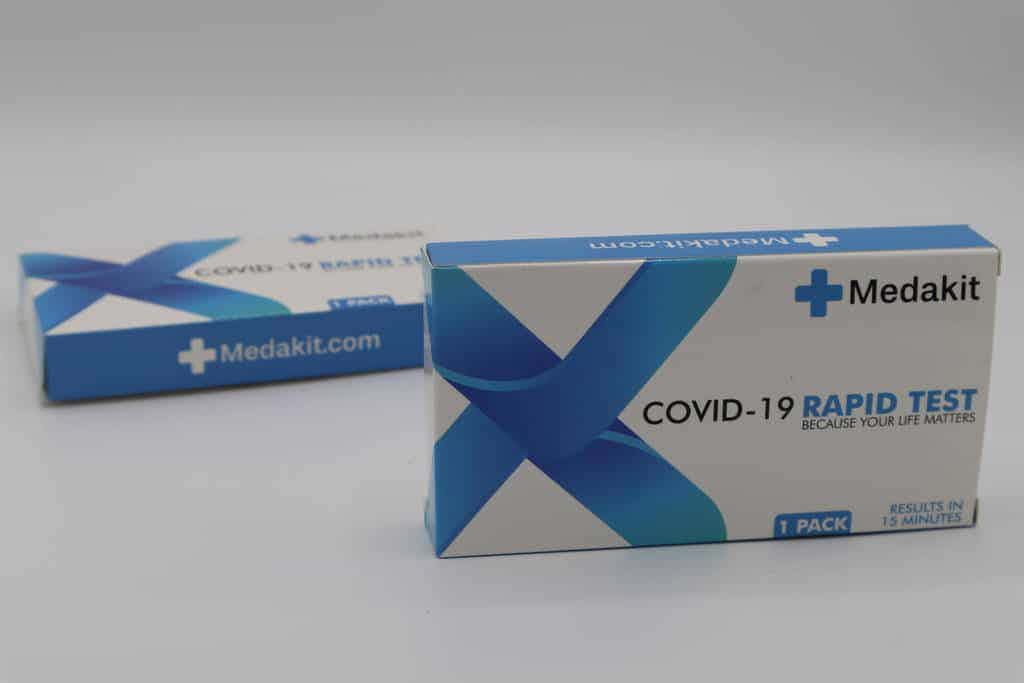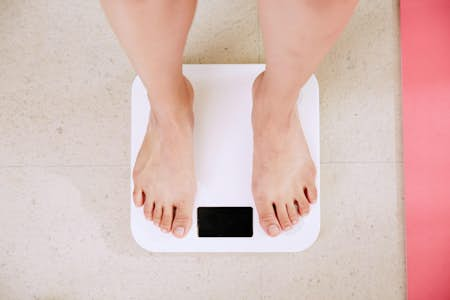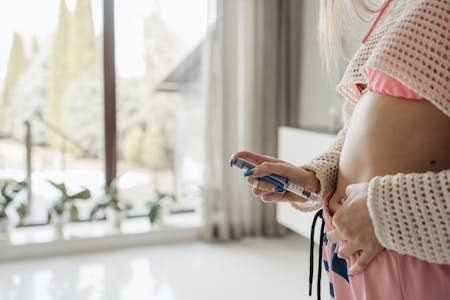Scientists believe the lateral flow tests set to be trialled in Liverpool may not be as accurate as previously hoped for. The UK government has bought these tests from the US, and after the trial period in Liverpool, the test could potentially be deployed to the rest of the country to track the behaviour and infection rate of COVID-19.
The test is also to be used by the government to shorten the time for self-isolation. The tests provide results in under half an hour as it picks up the antigen of the virus, usually found in the nose and throat. The test will also be used to detect any infection, even in those who are not showing symptoms.
The Department of Health and Social Care released a statement, saying, “Extensive clinical evaluation from Public Health England and the University of Oxford show Lateral Flow Tests are accurate and sensitive enough to be used in the community, including for asymptomatic people.”
They also reported that the tests, part of the Liverpool mass-testing trial, were producing results at a rate of 99.6% accuracy. The statement said that “findings from PHE Porton Down and Oxford University shows newly deployed Lateral Flow Tests are highly reliable, sensitive and accurate in multiple settings.”
Although the statement holds positive news for the UK and its COVID-19 testing strategy, Professor Jon Deeks, a COVID-19 test assessment expert, has disagreed with current assessments of accuracy. He believes that using the tests to “rule out the disease” would be dangerous.
In trials across the UK, testing has shown varying outcomes. In a local community centre, tests picked up 58% of COVID-19 cases. Nurses testing people in hospital reported having detected 73% of cases, and finally, in Porton Down, 79% of cases were picked up.
It is these stats that raised concern for Prof Deeks, as he went on to say that “the DHSC data show that up to half of the Covid cases may be missed by the test, and it may give more false positives than true positives when used in mass screening.”
“A negative test indicates your risk is reduced to between a quarter and one half of the average, but it does not rule out Covid. It would be tragic if people are misled into thinking that they are safe to visit their elderly relatives or take other risks.”
Imperial College’s Professor Sebastian Johnston, responded to the government's announcement telling The Guardian, "[it] gives the impression that all lateral flow antigen tests have high-sensitivity following extensive clinical testing by PHE/Oxford. This is very far from the truth.”
The VP of product management at Innova Medical Group commented: “We, as far as I know, today, are the only antigen test that is being used in the UK government to the best of my knowledge that is completely validated for saliva testing.”
“Saliva testing is critical because saliva testing enables home testing. Eventually.”
If tests are negative, he said that this would help people to get out of self-isolation, but that two tests taken two days apart be should sufficient to confirm that they are, in fact, clear of COVID-19.






